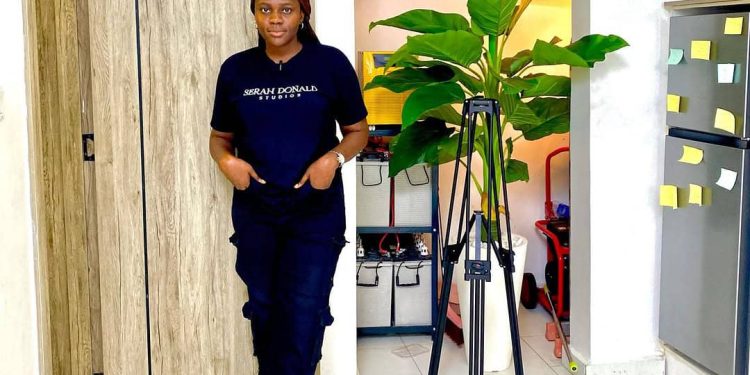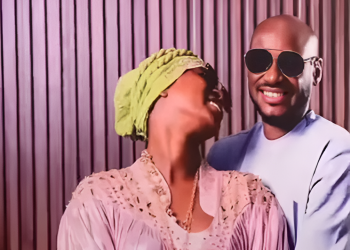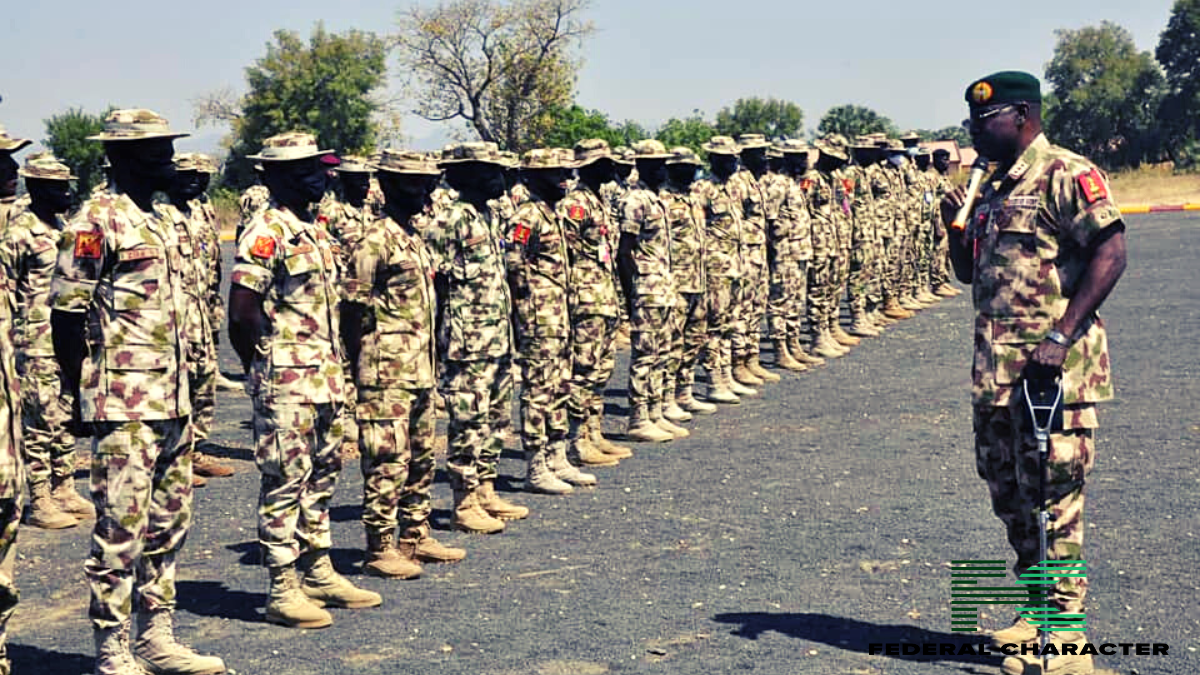In February 2024, Federal Character Newspaper had the pleasure of sitting down with Chika Charles, the multi-talented Nollywood creative who had already left her mark as a script supervisor and assistant director on projects like Treasure in the Sky and Dorcas the Prophetess. Back then, she spoke about patience, resilience, and consistency as the key values shaping her journey in Nollywood. Even then, her passion for storytelling and her commitment to excellence hinted at much bigger things to come.
Fast forward to 2025, and Chika Charles has taken a bold new step — co-producing Power Bank, the latest music video from Nigerian music star Tekno. This milestone marks her official transition from behind-the-scenes Nollywood roles into the high-pressure, fast-paced world of production at the highest level.
In this exclusive conversation with Federal Character Newspaper, Chika opens up about her journey from script supervision to production leadership, the challenges she faced on Power Bank, and the lessons that continue to fuel her growth as one of Nollywood’s rising powerhouses.
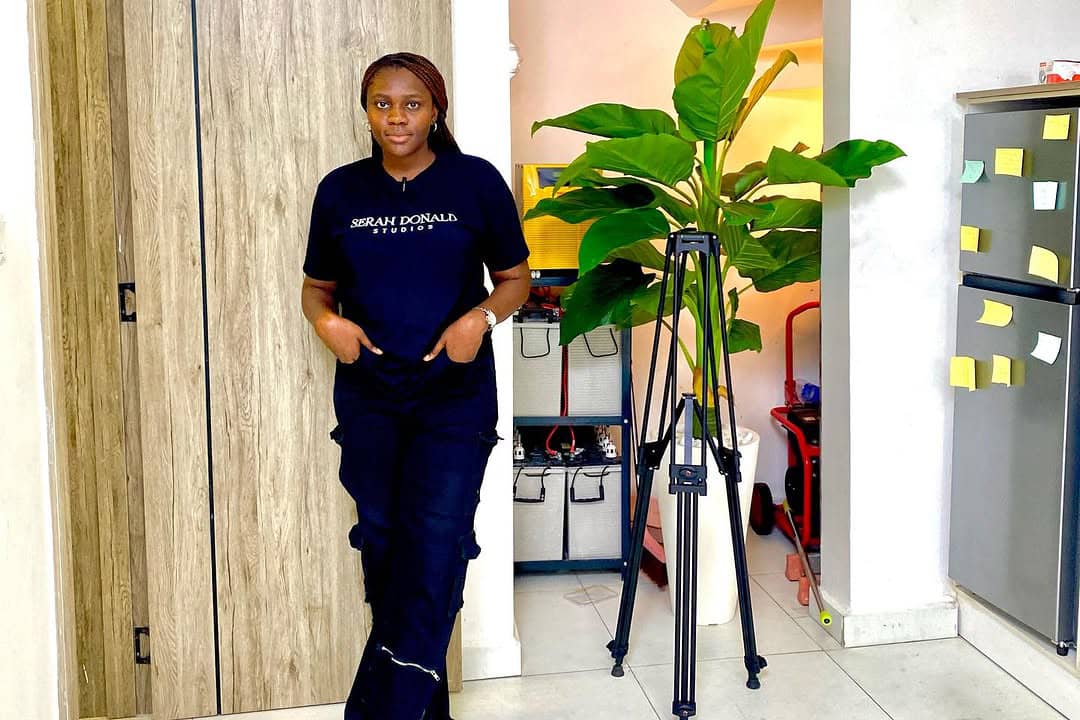
Interview with Chika Charles
From script supervision and assistant directing to co-producing a Tekno music video — how would you describe this journey in one word?
Chika: Transformative. Every role taught me something new and shaped my growth in the industry.
Looking back to your early Nollywood days, what do you think prepared you most for this role as a producer?
Chika: Looking back at my early days in Nollywood, I’d say learning to be patient, understanding, and a good listener really prepared me for producing. I had to be patient even when the crew got difficult, because at the end of the day, the job still had to be done. So I’d stay calm, push through, and make sure we got to the finish line. Being a good listener also helped me a lot. I never walked onto a set thinking I knew it all. Film sets are like a practical film school — every day teaches you something new. Just when you think you’ve figured it out, someone comes along and schools you simply by doing their job excellently. Those moments kept me grounded, and when the producing opportunity came, I pushed through.
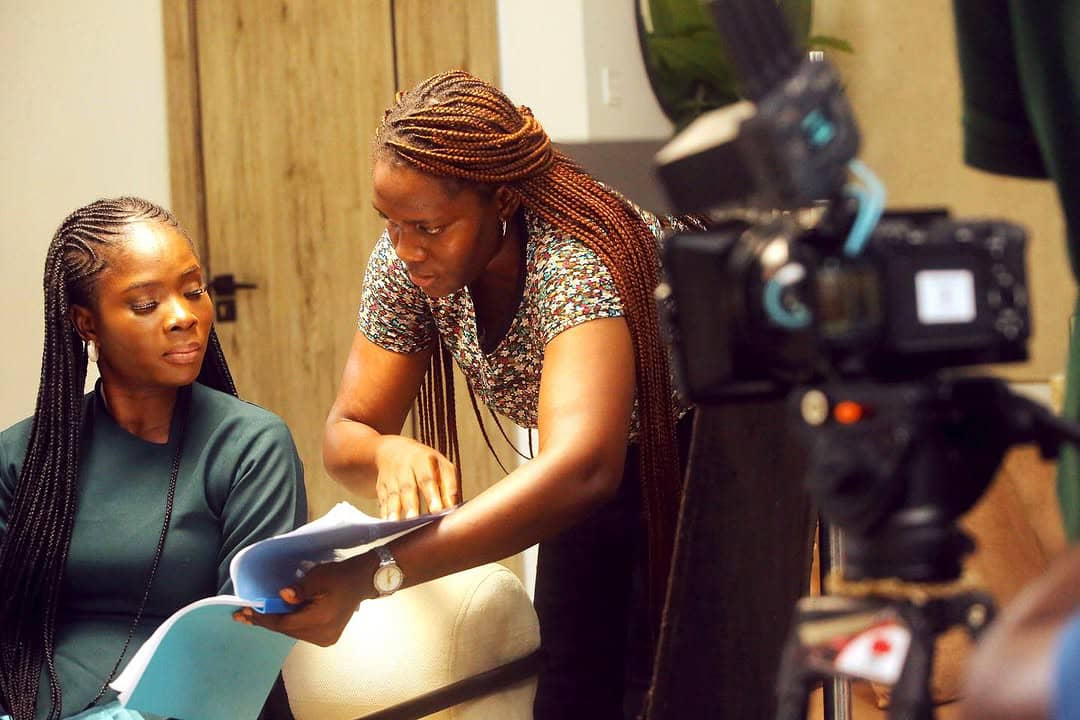
How did the opportunity to co-produce “Power Bank” come your way?
Chika: Honestly, I was only trying to recommend the right producer for the project. We reached out to a few, but each one was either unavailable or something just didn’t align. I wasn’t even positioning myself for the role, I just wanted the best for the project. But somehow, the pieces kept pointing back to me. So I stepped up, leaned on grace, and gave it everything. The rest, truly, is history.
When you first stepped onto the “Power Bank” set as a producer, did it feel different from your film sets?
Chika: It definitely felt different because this time, it truly was. I wasn’t just part of the process. I was the one everyone leaned on. From preproduction, which carried most of the weight, to the actual shoot, it was intense. We had barely a week to plan, and even four days to principal photography, I still hadn’t ticked everything off my checklist. But one thing about me, I don’t quit until things align. I keep pushing until it works. I’m especially grateful to have worked with amazing people, particularly Nonso Sabiboy, who believed in me for the role even more than I believed in myself. That kind of faith meant everything.
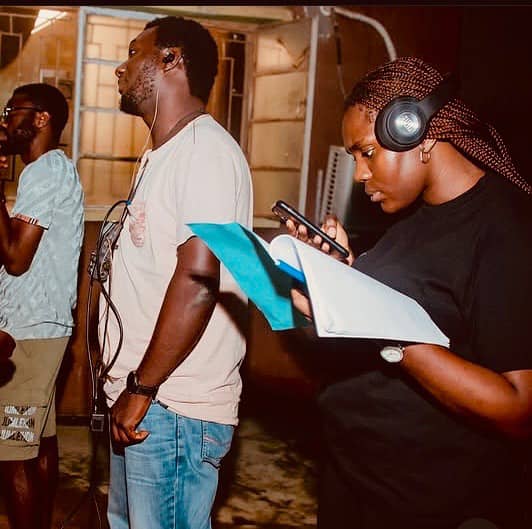
What exactly did your role as a co-producer involve for this project? What parts were you most hands-on with?
Chika: As a co-producer on Power Bank, I was deeply involved in both preproduction and production. I handled most of the groundwork — budgeting, hiring crew, sourcing locations, and ensuring logistics were in place. I was also the go-to person for quick decisions on set, making sure things ran smoothly and on time. I’d say I was most hands-on with coordination and problem-solving. From last-minute changes to handling pressure, I had to stay focused and responsive. It was a lot, but seeing everything come together made it worth it.
What was the most challenging part of this music video shoot, and how did you deal with it?
Chika: The most challenging part of the Power Bank shoot happened on Day 1, when one of the artists arrived late, which threw off our entire schedule. It was a tough situation because it meant we had to add an extra day to the shoot. Negotiating with some of the crew, securing locations again, and rearranging logistics wasn’t easy. It took a lot of patience and persistence from the whole team. But we stayed focused, communicated clearly, and worked together to make sure everything still came together smoothly despite the setback. It was a real test of teamwork and flexibility.
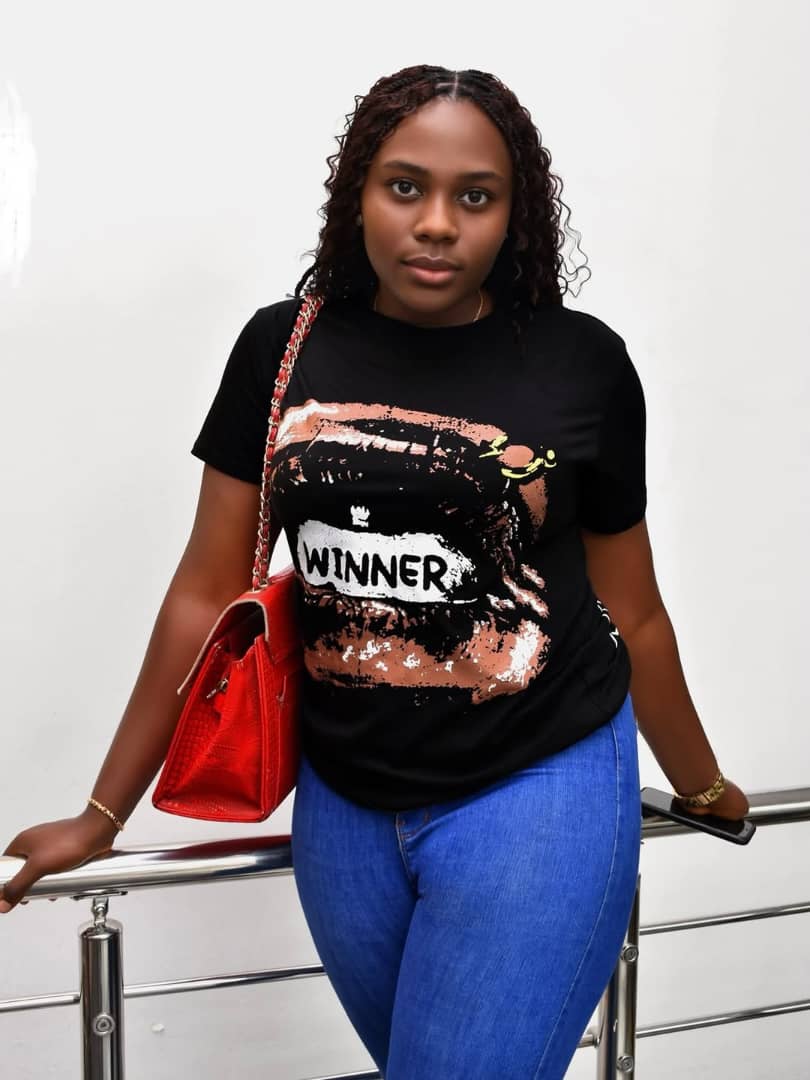
Now that you’ve produced for the music world, do you see yourself doing more of it, or are you still drawn to film?
Chika: Absolutely, I’m open to producing more music projects because it’s been an amazing experience. But my heart is still very much drawn to film, and I’m excited to continue producing movies as opportunities come my way. God willing.
What’s one thing this project taught you about yourself as a creative professional?
Chika: This project taught me that I am capable of more than I ever imagined. I can take on challenges, adapt, and deliver results beyond my expectations. It showed me the strength of my resilience and creativity when I put my mind to something.
What should we be expecting from Chika Charles next — more big sets, more magic?
Chika: Definitely! I sincerely haven’t even scratched the surface of my dreams yet. We keep moving!
From Nollywood sets to music video productions with one of Africa’s most popular stars, Chika Charles continues to prove that her journey is only just beginning. With resilience, grace, and a knack for problem-solving under pressure, she is charting a course that will inspire the next generation of African filmmakers and producers.

